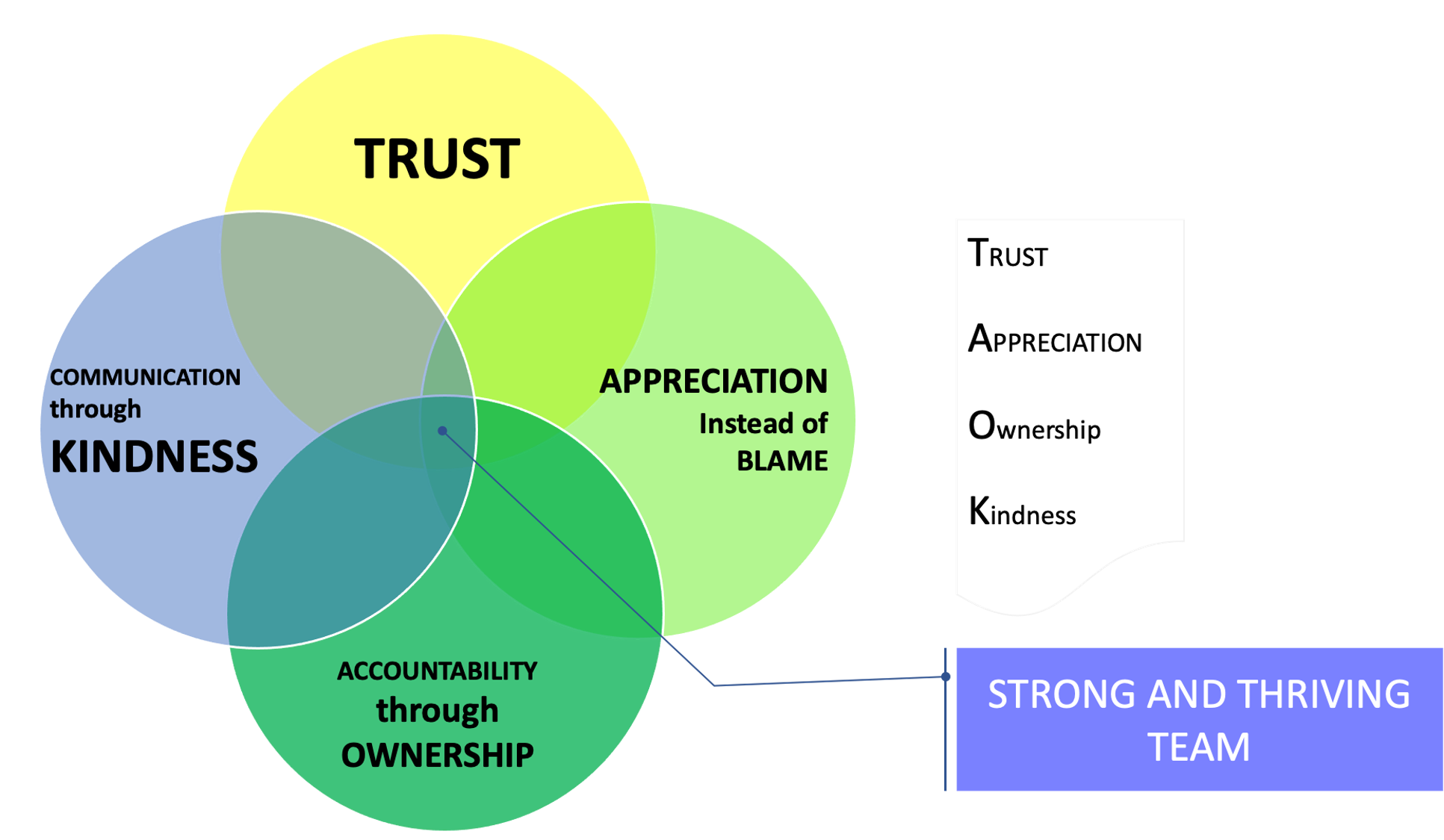As Tony Robbins once said, “we aren’t here to survive, but to thrive“. This simple idea has deep implications in our quality of life, whether it is marriage, parenting, professional teams, community committees, and government.
While survival requires a fear-based mindset, which is not always bad, but not generally good, thriving actually positions us into a wealth-based mindset (aka rich mindset) which predicates that resources are always available to do good.
No one is a self-made island; any good thing, whether small or big, is achieved by the interaction of multiple actors. We can safely say that all good things are the result of teamwork, even biblical creation.
Most human endeavors (if not all) now a days are executed by groups of people working together towards common goals, putting into the table their individual talents and struggles.
In this article I propose two goals to be of fundamental importance for teams: strength and thrive. A strong team will be capable of sorting-out difficulties, both external and internal and become even stronger; this generates a series of virtuous circles that make teams constantly improve and yield consistent better results.
The T.A.O.K. framework proposed in this article focuses on four qualities teams cultivate to become strong and to thrive.
- TRUST instead of fear
- APPRECIATION instead of blame
- Accountability through OWNERSHIP
- Communication through KINDNESS

The human experience is filled with struggles and difficulties to constantly overcome. Trust provides a psychological safety foundation for people to be their best, make mistakes and improve upon them. Appreciation provides encouragement and gratitude that strengthens relationships. Notice encouragement benefits mainly the receiving party, but gratitude benefits mainly the giving party. Ownership provides the foundation of responsibility and accountability that triggers dedication and care and effective actions. Finally Kindness provides the foundation for effective communication that begins with listening to understand, talking to express and providing ideas for improvement that are given and received as gifts.
On the hell-ish side of this analysis, fear, blame, lack of ownership and careless communication can only result in vicious circles that produce progressively weakened individuals and teams, and catastrophic failure as the ultimate result.